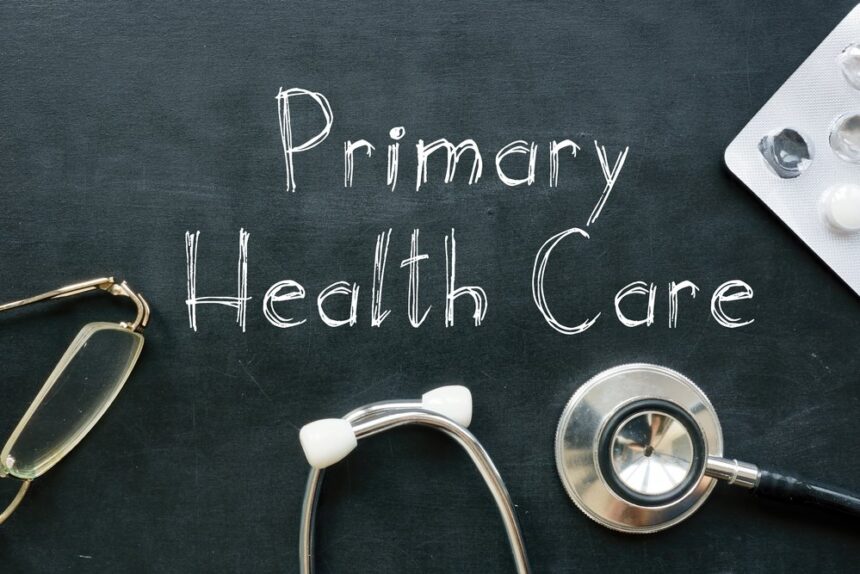Your first primary care visit is a foundation for maintaining and improving your overall health. Let’s look at what to expect, how to prepare, and the benefits. Understanding these aspects can help you make informed decisions and approach your visit with confidence.
Expectations for First Visit
During a primary care appointment, the physician aims to gather a complete picture of your health. This process often starts with a discussion about your medical history. You’ll provide details about any past illnesses, surgeries, allergies, family health history, and medications you currently take. This information helps your doctor understand your risk factors and prepare a care plan tailored to your needs.
Your visit will likely include a physical exam, which may involve checking your vital signs such as blood pressure, pulse, and temperature. Depending on age, gender, and overall health, the physician may also conduct preventive screenings. These screenings could detect early signs of conditions like diabetes or high cholesterol. The doctor may assess your vaccination status and suggest updates to protect you against preventable diseases.
Having multiple health concerns is normal, and you can discuss several during this appointment. Lengthy or complex issues might require follow-up care so your provider can address them thoroughly. Your physician may also recommend routine health assessments or develop a schedule for future visits to monitor your ongoing health.
Preparing for First Visit
Proper preparation enhances the efficiency and effectiveness of your appointment. When preparing for your visit, make sure to bring a list of any medications you’re currently taking, including over-the-counter drugs and supplements. This makes sure the physician can account for any potential drug interactions or adjust prescriptions where needed.
Also, it’s helpful to collect relevant medical records, such as past lab results or imaging, if applicable. Bringing identification and insurance information will help streamline administrative processes. Preparing a list of questions or concerns about your health can help you make the most of the visit. For instance, if you want to discuss symptoms or understand preventive screenings, these notes can help you make sure nothing is overlooked. Planning your questions and health goals in advance enables you to take an active role in your care.
Benefits of Primary Care
Primary care is key to keeping you healthier in the long run. It provides preventive care to detect health issues early, often before symptoms become severe. This early identification can reduce complications and improve treatment success rates.
Another fundamental benefit is continuity of care. A dedicated physician familiar with your health history allows consistent monitoring and individualized recommendations. Over time, this relationship helps build trust, making it easier to address sensitive or complex concerns.
It also provides health maintenance explicitly tailored to your needs. Regular follow-up care helps manage chronic conditions, promote accountability, and set actionable health goals. The long-term benefits of a well-maintained primary care relationship extend to both physical health and peace of mind.
Schedule Your Primary Care Appointment Today
Attending your first primary care appointment is fundamental to maintaining a healthier life. By understanding what to expect, preparing accordingly, and recognizing the key benefits, you’re on your way to building a strong foundation for your healthcare needs. Schedule your primary care appointment today for expert guidance and personalized treatment plans.














